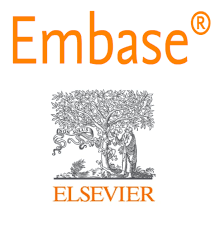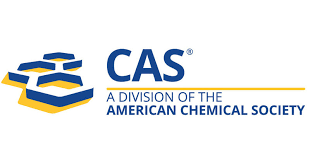PROSPECTIVE OBSERVATIONAL STUDY ON PREVALENCE OF IRON-DEFICIENCY (ID) / IRON DEFICIENCY ANEMIA (IDA) IN EXCLUSIVELY BREAST-FED TERM INFANTS UNDER 14 WEEKS OF AGE
Keywords:
Iron-deficiency anemia, Neonate, Infant, Iron supplementAbstract
Background & Objectives: There is paucity of data in IDA in infants less than 4
months of age. Therefore, it is a felt need to investigate Iron Deficiency/Iron
Deficiency Anemia in Indian infants under 14 weeks of age and explore the
feasibility of early iron supplements in term breastfed babies.
Method: 300 pregnant mothers enrolled (at the time of term delivery), after written
and informed consent, 234 infants were investigated at 6 weeks, 209 at 10 weeks,
163 at 14 weeks of age. Samples were taken at baseline (cord blood), 6 weeks, 10
weeks, and 14 weeks i.e. at the time of vaccination and screened for Hb, MCV,
Serum ferritin, Serum Iron, TIBC. A single blood sample (around 3 ml) taken for
CBC, Serum Ferritin, Serum Iron, and TIBC from pregnant mothers.
Results: In this study although the hematological parameters do change from their
cord blood i.e. baseline level to 14th week but they are found to be within normal
limits. Serum ferritin levels dropped from 282.01 μg/L at baseline to 156.99 μg/L at
14 weeks. Serum iron levels initially reduced from cord blood level of 163.04 μg/dl
to 101.29 μg/dl at 6 weeks but then increased slightly to 112.99 μg/dl by the end of
14 weeks. TIBC levels showed consistent rise from 271.21 μg/dl at baseline to
404.53 μg/dl at 14 weeks.
Conclusion: Results shows that exclusively breast-fed infants born to mothers who
got iron supplementation in ante-natal period do not become anemic or iron deficient
by 14 weeks of age. It would be wise to supplement iron from 4th month of infancy
onwards.
.png)









